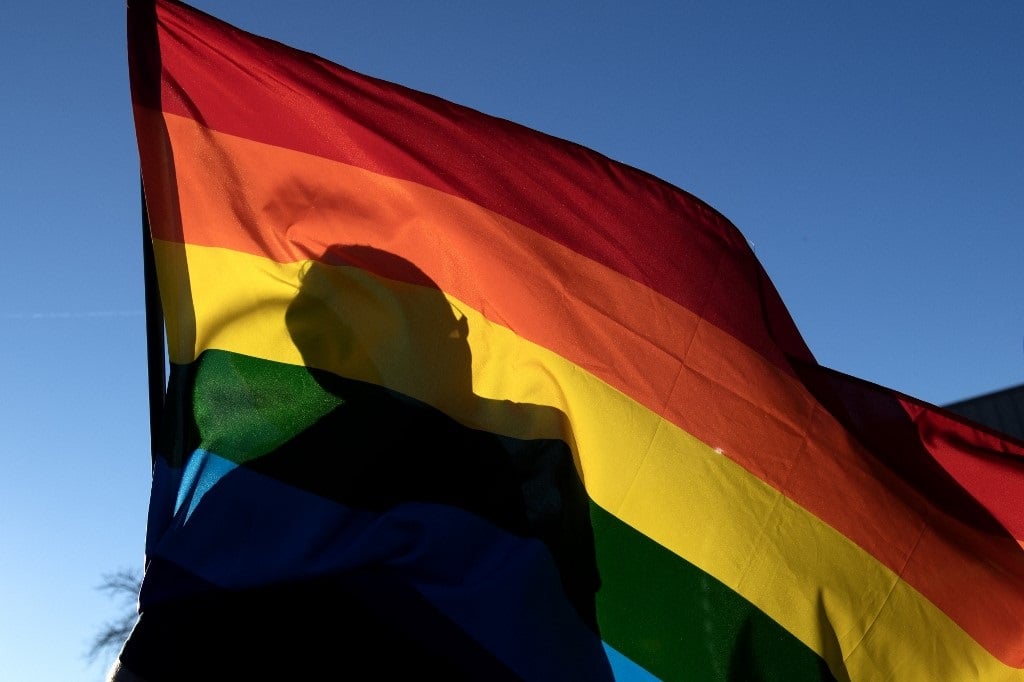
The Ugandan president has enacted a law that makes it even more illegal for LGBTIQ+ people in that country to be who they identify as.
The Anti-Homosexuality Act, among other things, increases the already-criminalised life sentence for consensual sex between adults of the same gender and adds the death penalty for what is known as “aggravated homosexuality”: sexual relations by someone with HIV, or involving minors or other vulnerable people.
Additionally, it criminalises activities that supposedly support homosexuality and homosexuals, and carries a potential 20-year prison term. The act also explicitly states that it aims “to protect the traditional family” in Uganda, a traditional African nation, which criminalises and forbids same-sex couples, parents and other individuals from starting families and having children.
Therefore, as activists, decision-makers, researchers and residents of all parts of Africa, we should think about what this means for LGBTIQ+ people in our communities. We should think about the impact of this law on LGBTIQ+ people’s feelings of agency, their rights to life and to make their own decisions, and their sense of belonging.
The dangers of equating homosexual “acts” to sexual abuse
The anti-homosexuality legislation in Uganda mentions “protecting children and youth who are made vulnerable to sexual abuse through homosexuality and related acts”.
A statement such as this is factually incorrect and based on a misconception, implying that homosexuality and/or homosexual people are largely the perpetrators of sexual abuse and violence because of their acts. This viewpoint is flawed and misleading because sexual abuse can occur in any context, regardless of sexual orientation.
READ: Mbuyiselo Botha | Homosexuality threatens the African family structure ... Er, really?
For instance, some studies have revealed that many sexual offenders in our societies appear to identify as heterosexual. One other research study found that no offenders were classified as homosexual and that more than three-quarters (78%) of offenders were solely heterosexual in their relationships.
Similarly, other studies argue that a child’s risk of being molested by his or her relative’s heterosexual partner is over 100 times greater than by someone who may be identified as gay, lesbian or bisexual, while another recent analysis finds that there is no evidence to suggest that individuals with same-sex attraction are more likely to abuse children than heterosexual persons.
It is important to recognise that being homosexual or engaging in same-sex relationships does not in itself make individuals more likely to be perpetrators or victims of sexual abuse. This view perpetuates harmful stereotypes and misconceptions about sexual orientation, which can further fuel discrimination and violence against LGBTIQ+ individuals in our communities.
READ: The fight for LGBTIQ+ rights in Uganda
It also contributes to the stigmatisation and marginalisation of LGBTIQ+ individuals, creating an environment where they are at higher risk of experiencing violence, discrimination and social exclusion. By falsely portraying homosexuality as a form of abuse, these narratives further entrench homophobia and reinforce negative attitudes towards the LGBTIQ+ community on the African continent.
By linking homosexuality to sexual abuse, proponents of such legislations aim to demonise and criminalise same-sex relationships, portraying them as inherently harmful or predatory. However, it is important to understand that homosexuality is not synonymous with sexual abuse.
Sexual orientation is a natural and fundamental aspect of human diversity, and being gay, lesbian, bisexual or other does not imply any wrongdoing or harm. Consensual same-sex relationships are no different from consensual opposite-sex relationships in terms of the rights and dignity they deserve.
The impact of this legislation on LGBTIQ+ individuals in and beyond Uganda
The impact of this legislation on LGBTIQ+ individuals in African communities, not just in Uganda, is significant. The legislation fuels existing prejudices and stigmatisation against LGBTIQ+ individuals, leading to increased discrimination, harassment and violence.
For instance, many LGBTIQ+ individuals are already faced with heightened risks to their safety and wellbeing, including "corrective rape", physical attacks, social ostracism and even the threat of mob violence in both our rural and urban areas.
Such a law has implications that go far beyond the borders and communities of Uganda. This law will set a precedent for other African countries that were already hostile towards LGBTIQ+ rights, reinforcing a negative environment for LGBTIQ+ individuals across the continent.
Anti-LGBTIQ+ sentiments and laws are prevalent in various African nations, and, therefore, Uganda’s law to criminalise homosexuality contributes to a regional climate of homophobia and discrimination.
More than anything, the law further silences and erases the voices and existence of LGBTIQ+ bodies in African communities and increases the justification of and vulnerability to corrective rape and killings. Many will be displaced, killed, excluded and erased from our communities.
* Magayana is the senior officer in the gender equality and anti-discrimination office in the Unit for Institutional Change and Social Justice at the University of the Free State




 Publications
Publications
 Partners
Partners









